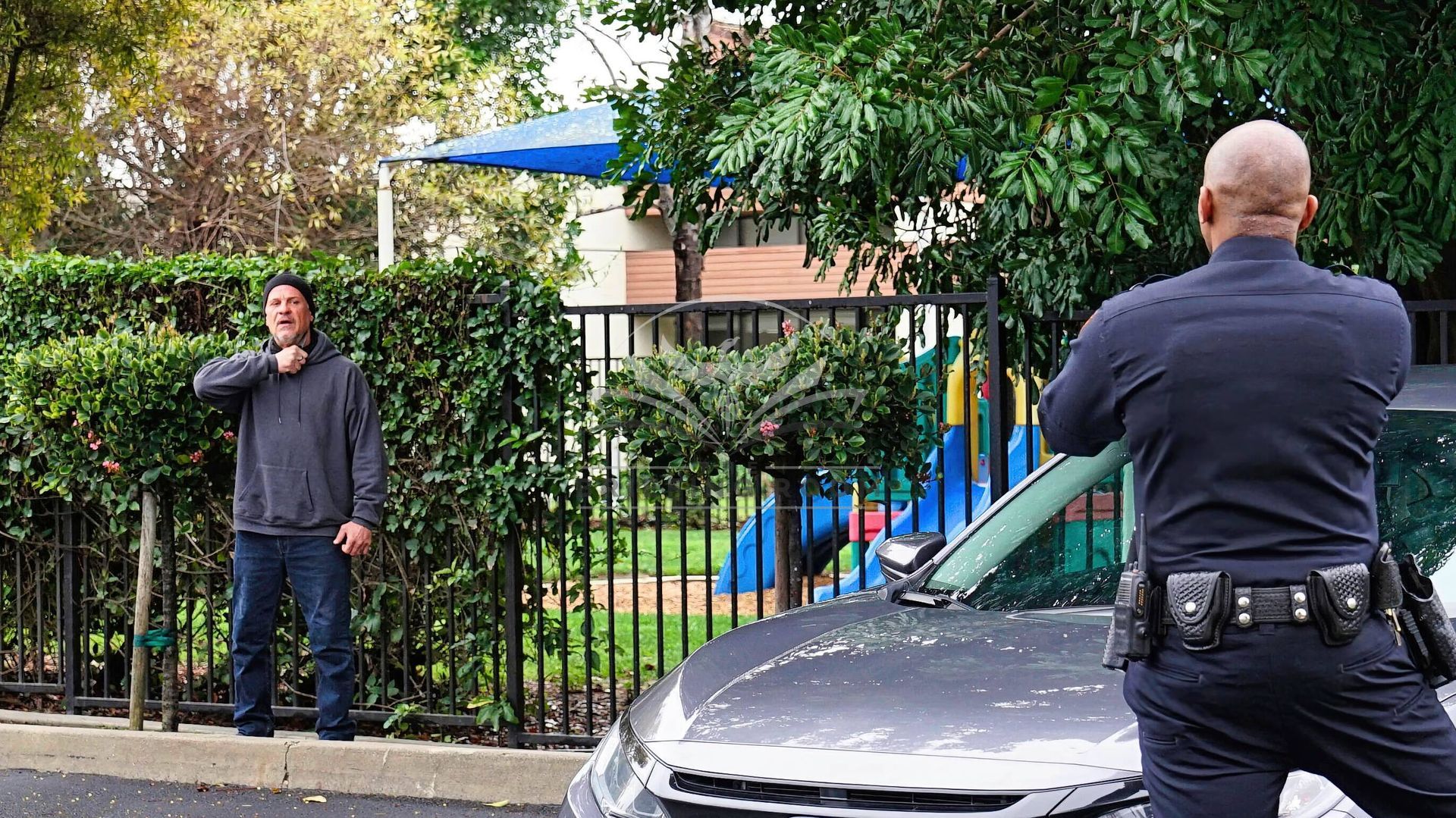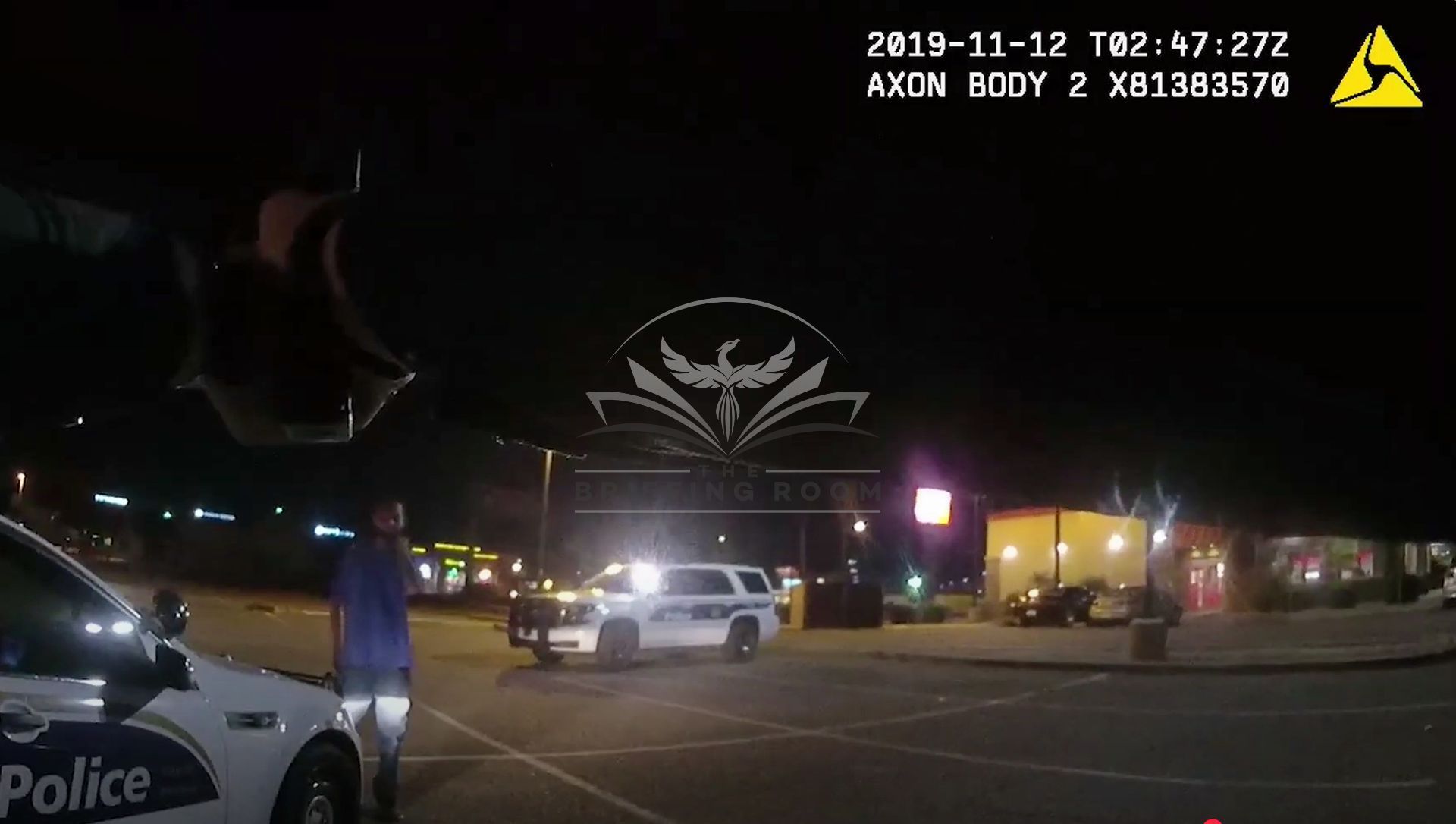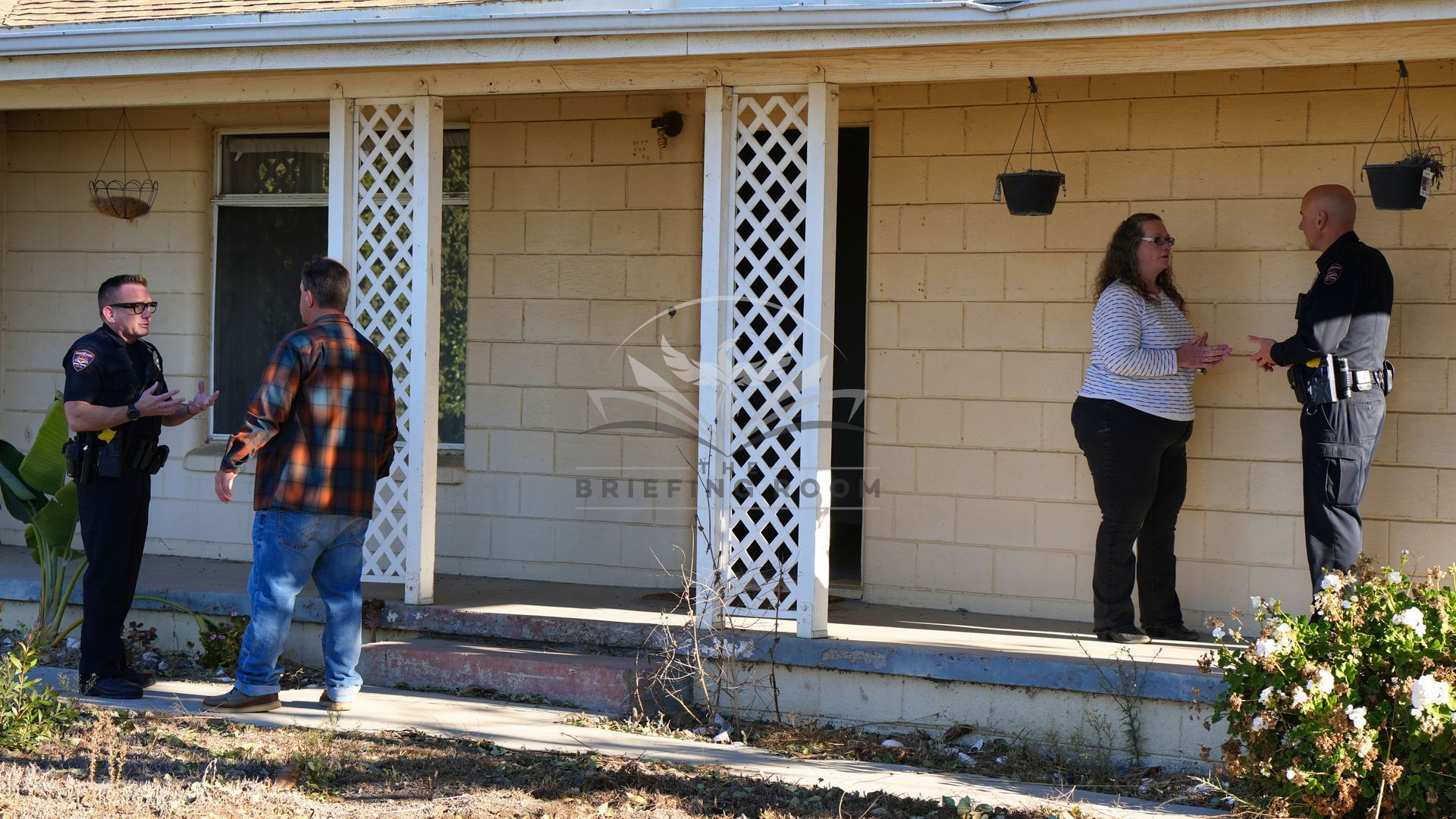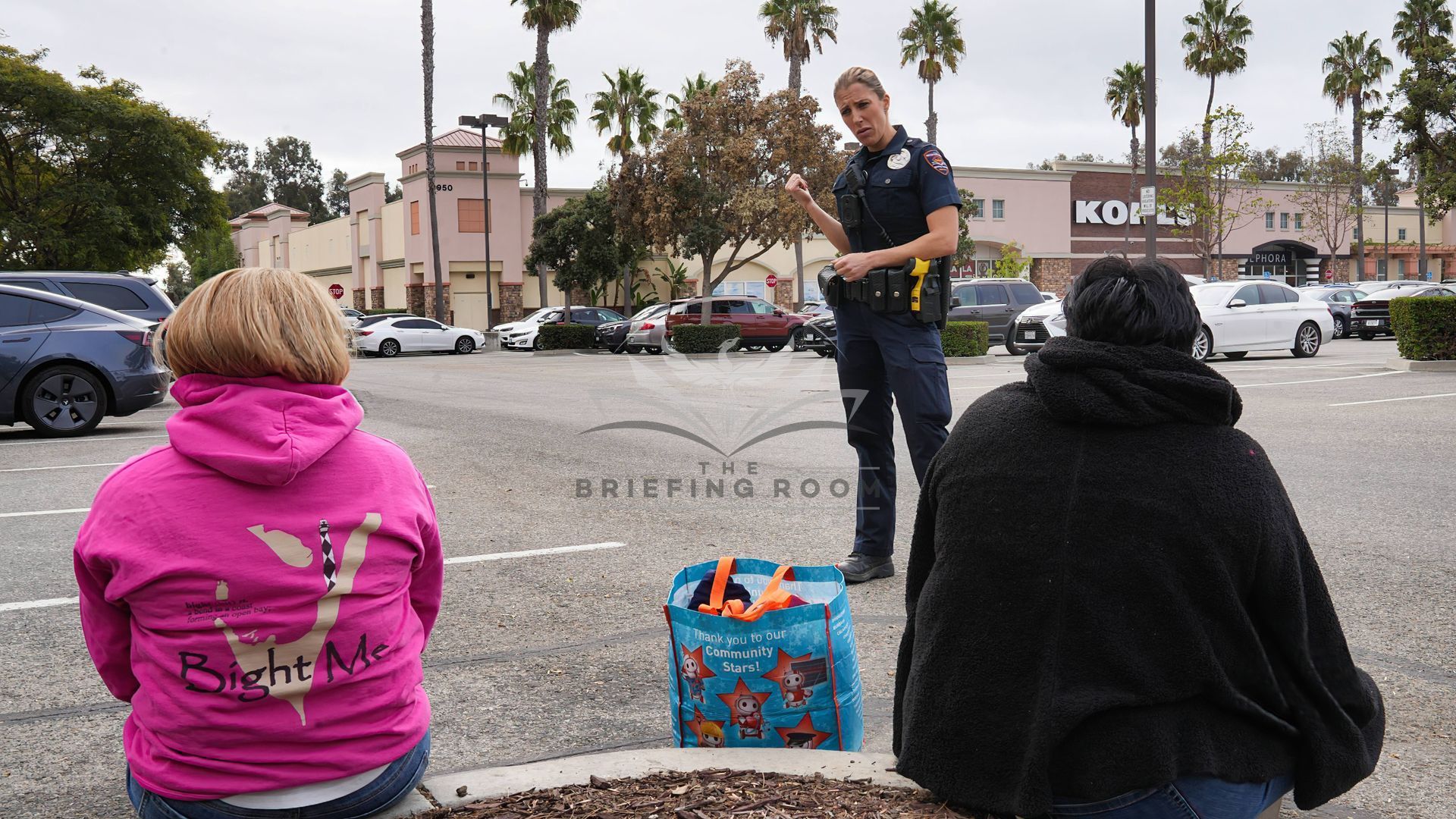Balancing The Public Duty Doctrine With Agency Expectations

This post is only offered as a discussion topic only and does not represent legal advice. Officers must refer to the laws in their own State as well as their agency's policies, which can be more restrictive on officers that the law requires.
The Public Duty Doctrine says that police protection is a duty owed to everyone, not one person in particular. This doctrine is essential for officers to understand to ensure they don't unnecessarily increase their own or their agency's risk of civil liability. It helps officers reduce liability in situations like an uncooperative suicidal person who's inside their home alone, by simply disengaging from the incident as long as they didn't establish a special relationship or increase the person's risk.
But a sometimes overlooked aspect to The Public Duty Doctrine is understanding that a law enforcement agency has expectations of its officers that sometimes don't just let an officer walk away anytime civil law and government codes say they can. For example, on suicidal subject calls, officers are usually still expected to attempt reasonable efforts to contact the person in some way, like by phone, so they can offer that person services.
This can also be true in situations where a crime of violence is reported. If officers arrive and discover evidence at a home that verifies a violent incident may be in progress, agency expectations are likely that officers will ensure the residents are safe instead of just walking away. Depending on the circumstances and State you work in, an officer might be protected civilly if they walk away but the officer may also face discipline within their agency for violation policies related to dereliction of duty.
Many factors can affect whether or not an agency is comfortable walking away from an incident like if no crime occurred, versus a misdemeanor or a felony. Or if its crime of violence or not. Whether the suspect is known or unknown and so forth. Officers should make sure they understand their agency's expectations when deciding if disengaging from an incident is appropriate. Oftentimes, included in a disengagement policy is a requirement to notify a supervisor or watch commander to ensure disengagement is appropriate for the circumstance they're dealing with. Officers should protect themselves by taking some time today to review their agency's policy on disengagement and discuss it together as a shift.
The Briefing Room has a short training video available on this exact scenario so agency supervisors can easily train every officer in your agency on this essential topic.
90-Second Training Videos Your Supervisors Use During Briefing or Roll Call To Develop High-Performing Teams of Officers.
✅ Lower Liability
✅ Retain Officers
✅ Build Community Support
🌟 Produced Exclusively by Active-Duty Law Enforcement Instructors 🌟



